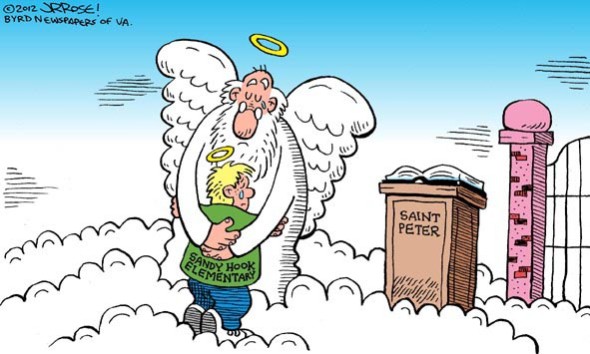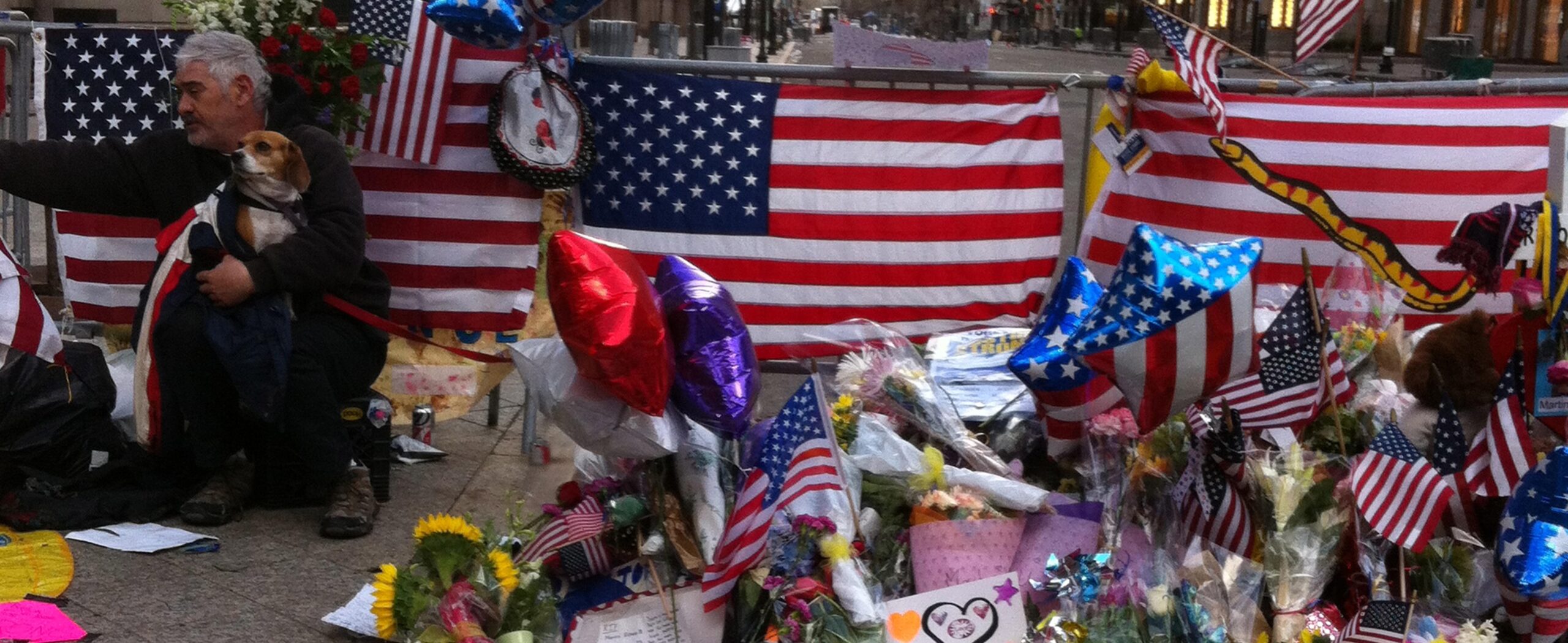Society must stop giving attention to mass crime sprees; focus on prevention instead
“We have to take the Paris Hilton attention-seeking out of crime, or strangers and innocent people will be killed,” said forensic psychiatrist Michael Welner on “Good Morning America.”
Some tragedies are natural disasters or accidents such as the recent April 17 explosion at the Texas fertilizer plant, which killed 14 people and injured 200. On the other hand, some such as the bombing at the April 15 Boston marathon, which killed three people, injured more than 170 and left the city on lockdown, are the result of terrorism. However, the crime that Welner is referring to is mass shootings.
Despite the seemingly constant flow of negative news, according to the Federal Bureau of Investigation crime statistics, violent crime during the past 20 years has declined. Even with this overall decline, this one specific type of crime has become more common.
Over the past two decades, mass shootings have been on the rise. Last year alone more than 140 civilians were injured or killed in shootings such as those that occurred in Newtown, Connecticut and Aurora, Colorado. A mass shooting even occurred at a business in Minneapolis Sept. 27 last year. However, the Minneapolis shooting that brought about by a disgruntled former employee doesn’t display the fame seeking aspect of mass shooting.
“Rampage killings have an important common thread of someone seeking notoriety,” said Welner. “Someone who feels they are a failure, who had high expectations for themselves, and sees the attention that these shooters can get and says, ‘I can get that. Somebody will care about my manifesto. Somebody will care about my letter.'”
One particular case when this came to be true is that of Robert Hawkins in Nebraska. The Dec. 5 shooting occurred in 2007 when Hawkins entered a Von Maur department store and opened fire, injuring two people and killing nine, including himself. While the motive behind crimes like these can be a mystery, Hawkins left no room for speculation. Prior to the event, a Hawkins’ let a suicide note explaining that he wanted to take a few people with him, adding “just think though, I’m going to be [freaking] famous.”
And that he was. But for how long? When a tragedy like this occurs, it creates a tidal wave of hatred toward the perpetrator. People across the country wait anxiously for a name on which to place their anger and blame. Their picture shows up on every social networking site and they receive their 15 minutes of fame. But the interest subsides. Within only a few weeks, the killer becomes insignificant to everyone, except those who will relive the trauma of being at the shooting or losing a loved one.
“The day of a shooting there are posts all over everywhere,” said sophomore Ingrid Hellevik. “[It’s on] Tumblr, Facebook, every social network. The day after there are a few posts. Maybe some reblogged from the previous day, and some who didn’t get on Facebook or whatever network they are apart of to update how they felt about the event the previous day. By the third day most have moved on. The majority have almost forgotten, pushing the shooting or whatever big event happened, behind them, as if it didn’t matter to them anymore.”

Comic by John R. Rose, Byrd Newspapers of Virginia
But it still matters to those involved. While very few people even remember Hawkins’ name, they also don’t know the names of any victims. The same goes for Aurora and Newtown. So instead of wasting time and energy on the killer, spend it reaching out to those who could use the support.
“It’s very important that we rally around people,” said Bethel psychology professor Andy Johnson. “That is, being very supportive and listening to individuals. For someone who has experienced something like that, you don’t necessarily have to do a lot. It’s just listening and being available. [They need people to help them] understand that they did the best they could in such a bad situation.”
But those who are involved in a mass shooting or a bombing aren’t the only ones who need the help of those around them. In a country of over 300 million people, it may be just a few hundred people affected by events like this, but this doesn’t account for trauma on a smaller scale. Everyday people go through some kind of heartache and we can help them in the same way we can help those affected by shootings.
Hawkins, only 19 years old when he died, is thought to have been socially ostracized prior to his decision to commit a mass shooting. Mentally ill and frustrated, Hawkins’ crime may have been inevitable, but these crimes don’t have to be. Reaching out to those around you can leave a bigger impact than it seems. Maybe reaching out to someone won’t stop a mass shooting, but it could still drastically affect a person. All it takes is a few minutes of your time to potentially save a life.

